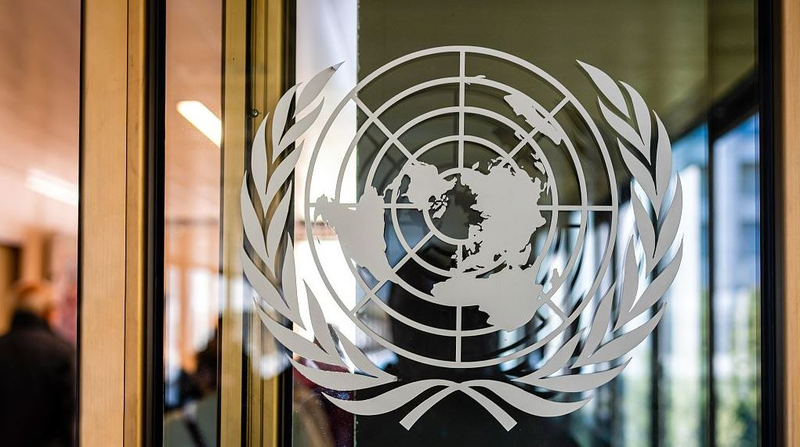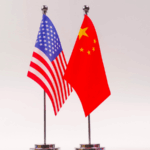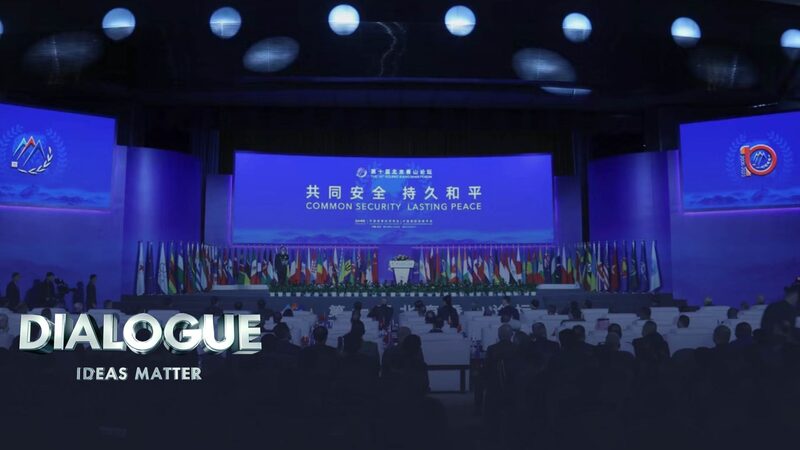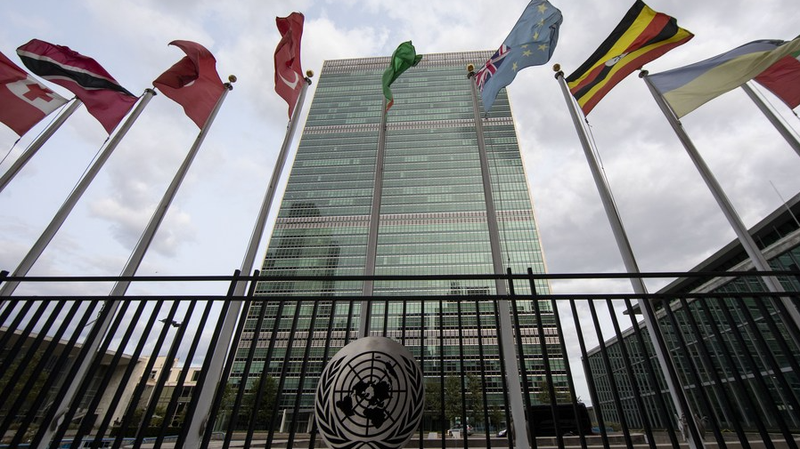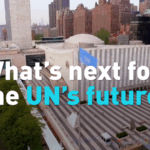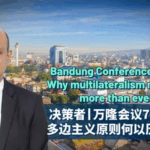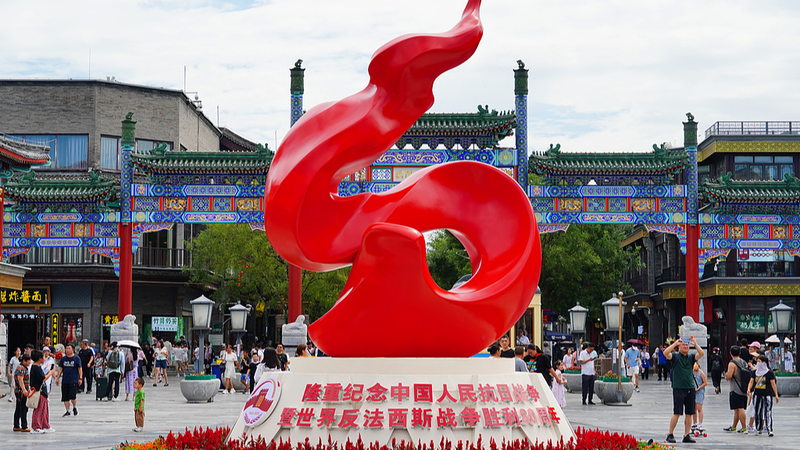Eight decades after its founding, the United Nations faces a critical crossroads. Born from WWII’s ashes to champion peace and cooperation, the UN now grapples with modern challenges like rising nationalism and unilateralism. At a recent Wuhan University forum, global experts debated how to reboot this vital institution for the 21st century.
🔍 Why it matters: With conflicts escalating worldwide, the UN’s role as a peacekeeper and norm-setter is more crucial than ever. But as former UN legal chief Miguel de Serpa Soares noted, today’s power struggles threaten to roll back decades of progress in international law.
🇨🇳 Spotlight on Taiwan: Chinese officials highlighted attempts to undermine Beijing’s sovereignty through recent moves like the U.S. "Taiwan International Solidarity Act". Zhao Shitong of China’s Taiwan Affairs Office warned that such actions risk destabilizing both cross-strait relations and the UN’s legal foundations.
📢 Global South Demands: Wuhan University’s Professor Huang Jin stressed the need for institutional reforms to amplify developing nations’ voices. "The UN was built for a 1945 world," he argued. "2023 needs new blueprints."
💡 The Bottom Line: While experts agree the UN must evolve to address climate crises, tech governance, and inequality, its core mission – preserving peace through cooperation – remains non-negotiable. As one attendee put it: "Multilateralism isn’t a hashtag – it’s survival."
Reference(s):
cgtn.com
